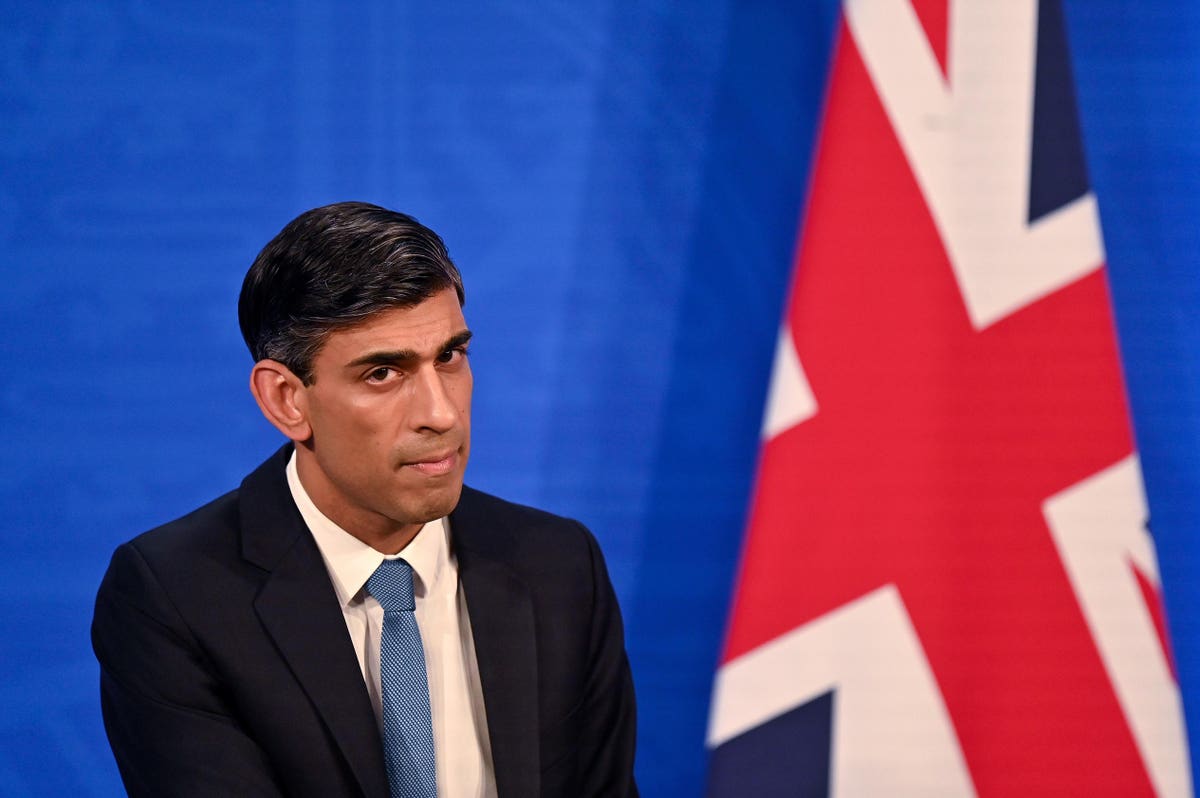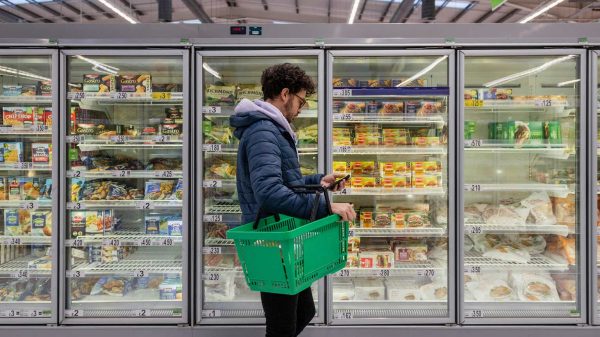Just when we thought Britain’s economic policy couldn’t get more bizarre, up pops an announcement from Rishi Sunak, the United Kingdom’s Prime Minister.
Earlier in May, news broke that Sunak would pressure supermarkets to offer basic food staples such as milk, bread and butter at the lowest possible prices, according to multiple reports.
The phrase used by Britain’s media is “price caps” and everyone in the UK should be concerned as it represents a return to failed 1970s economic policies.
A Response to Stubborn Inflation
Sunak’s effort is the latest attempt by the government to fight the country’s stubborn inflationary surge. Inflation has come down but key items keep rising at a frustrating rate and have led to mass industrial action by some of the country’s many unions.
Inflation hit a recent low of 8.7% last month down from 11.1% in October, according to data collated by TradingEconomics.
However, food inflation registered at an eye-watering 19.3% in April down from 19.6% in March.
Clearly such levels of inflation will hurt lower-income households disproportionately hard. And that’s something no government wants. And, in that respect, the government’s sentiment is worthy.
Dark Price Control History
However, there are better ways to tackle inflation than caps on prices. The route that the Sunak government is pointing to will, in all probability, be a disaster based on the UK’s history of using almost identical policies under the name of “price controls.”
Economic theory and history show that price caps tend to lead to shortages, meaning that at government-mandated prices don’t solve the financial problem. They simply move it to somewhere else. Typically, that would mean black market trading in essential goods and the well-connected getting first dibs on critical items.
During much of the 30 years after WWII, Britain’s politicians left-leaning and right-leaning alike, experimented with price controls. However, they did little if anything to subdue inflation, according to a 1976-dated report from the Canadian-based Fraser Institute.
In fact, in the three decades after the war, inflation was typically higher than during the periods of no controls, the Fraser research shows. In other words, the price controls worked backward, pushing inflation higher rather than crushing it.
The goal of calming inflation, which Sunak wants from “price caps,” likely won’t materialize. What’s needed is something different.
Read the full article here













